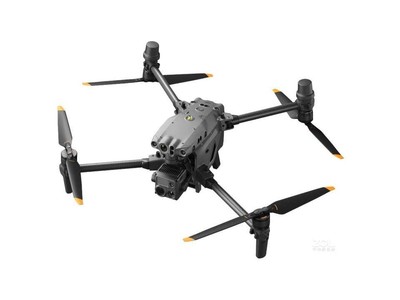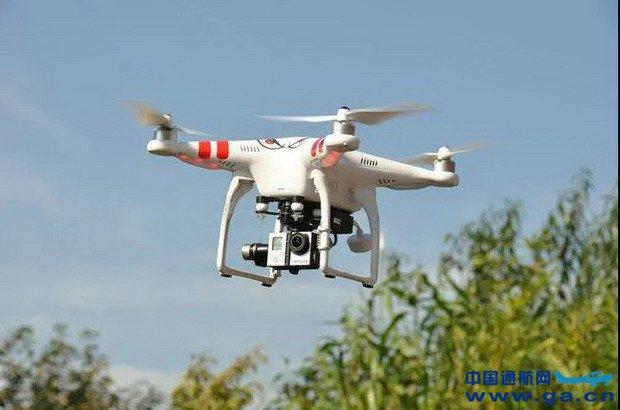Texas has witnessed significant growth in drone technology, and this is reshaping various industries across the state. The rise in drones in Texas is more than just technological advancement; it’s an evolution in how business and everyday operations are conducted. The integration of drones in sectors like agriculture, construction, and law enforcement promises extensive benefits, while simultaneously introducing new regulatory challenges.
Innovative Uses of Drones in Texas
In Texas, drones are becoming vital tools in agriculture. Farmers are using drones to monitor crop health, assess irrigation systems, and manage pests effectively. With drones, farmers can gather critical data that were once impossible to collect manually. These unmanned aerial vehicles (UAVs) are equipped with sensors and cameras that provide real-time data, improving precision farming techniques.
Infrastructure and Construction
The construction industry in Texas is also benefiting from drones. Site surveys, mapping, and inspections are now more efficient and accurate. Drones help in assessing progress, identifying potential safety hazards, and ensuring compliance with standards. This means projects can often be completed on time and within budget, showcasing the importance of drones in optimizing resources.
Regulations Governing Drones
With the surge in drone activities, Texas has set regulations to ensure safety and privacy. The Federal Aviation Administration (FAA) has laid down strict guidelines for drone use, focusing on airspace safety and operational limits. Additionally, state laws complement these regulations by addressing concerns such as privacy invasion and unauthorized surveillance.
- Drone operators must acquire proper licenses and adhere to designated flight areas.
- There are restrictions on flying drones over private property without consent.

These regulations are crucial to ensure that while drones introduce possibilities, they don’t compromise citizens’ safety or privacy.
Environmental Insights and Drones

Drones offer a unique view of Texas’s diverse landscapes. Environmentalists use drones to track wildlife, monitor forest health, and manage conservation efforts. This technology is pivotal for conducting aerial surveys, mapping ecosystems, and analyzing environmental changes. Thus, drones serve as instrumental tools for ecological conservation and disaster management across the state.
Challenges and Opportunities
Though drones bring numerous advantages, there are challenges too. Issues such as risk of collision, battery limitations, and technological malfunctions are constant concerns. Furthermore, maintaining a robust regulatory framework that evolves with technology is essential. As drone technology advances, Texas faces the opportunity to lead in developing innovative solutions that enhance safety and efficiency.
On the economic front, the drone industry opens avenues for job creation and skill development. Businesses related to manufacturing, software, and services are likely to thrive, driving further economic growth.
Future Perspectives
The future of drones in Texas looks promising, with advancements in artificial intelligence offering more sophisticated autonomous flight systems. These improvements will further enhance operational capabilities and streamline tasks in numerous sectors, drawing more interest and investments in drone technology.
Frequently Asked Questions
Are drones legal to fly in Texas?
Yes, drones are legal to fly in Texas, but operators must comply with FAA regulations and state laws regarding licensing, flight areas, and privacy.
What industries in Texas benefit most from drones?
Industries such as agriculture, construction, law enforcement, and environmental conservation benefit significantly from drone technology due to enhanced operational efficiency and data collection.
What future developments can be expected in drone technology?
Future advancements may include improved AI-driven flight systems, better battery life, and increased safety features, enhancing overall drone utility.
